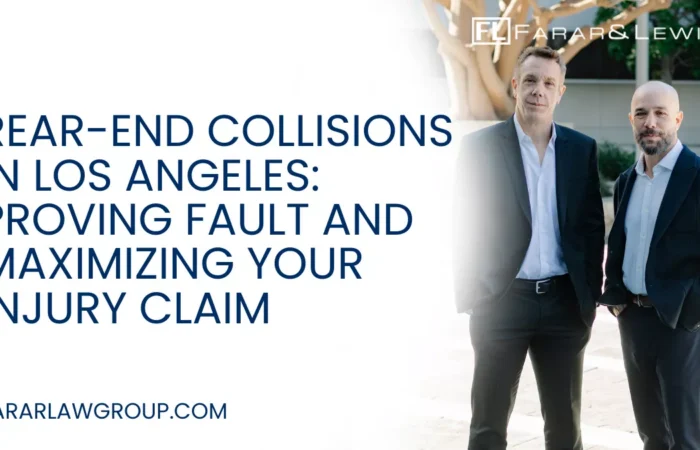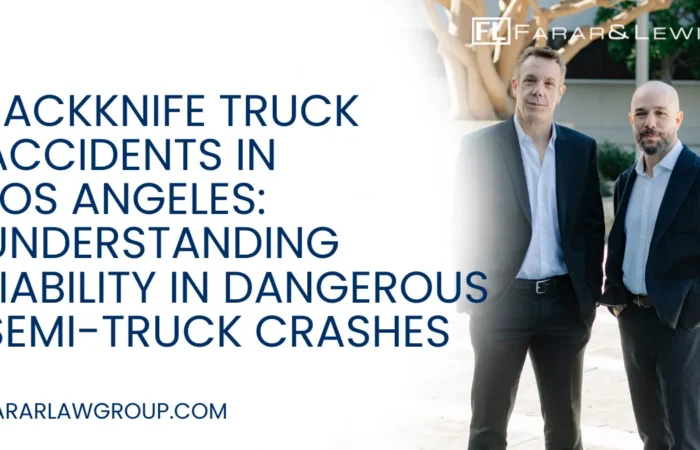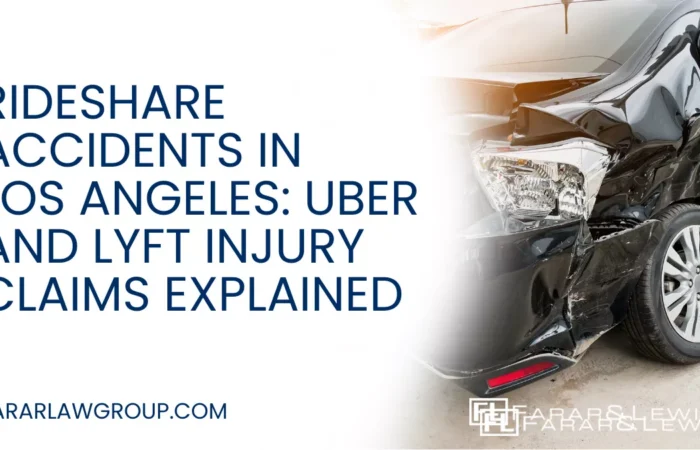In the State of California, as in all the other states, civil lawsuits such as personal injury or property damage lawsuits must be filed within a legally-defined time period known as the Statute of Limitations. The Statute of Limitations can vary, depending on the type of lawsuit being filed and who is being sued. The following will serve to answer the more commonly-asked questions regarding the Statute of Limitations as they apply to civil lawsuits filed in the California courts.
Q: I was involved in an auto accident and hurt my back. How long can I wait to file a lawsuit against the other driver?
A: Generally speaking, a lawsuit in which an injury was incurred as the result of a privately-owned automobile accident must be filed within two (2) calendar years of the date of the accident. The exception to this two calendar year rule is that if the injury was not discovered until a later date, the Statute of Limitations say that a lawsuit must be filed within one calendar year of the date that the injury was discovered.
Q: I was injured when I slipped on a wet floor at XYZ Bigbox Store. Does the two calendar year Statute of Limitations still apply?
A: Yes. With the exception noted above, the two year rule of the Statute of Limitations hold in all personal injury lawsuits filed in the state.
Q: Are there any other types of lawsuits that have different Statute of Limitations?
A: Yes. Lawsuits involving alleged property damage must be filed within three (3) years of the alleged date of damage.
Q. I was injured when a City of Los Angeles trash truck struck my car. Do I have to comply with the Statute of Limitations if I sue the City?
A. Yes, you must still comply with the Statute of Limitations. But there is another rule that you must also follow.
If you are suing any, county, or state agency for personal injury or property damage, you must first file what is called an “administrative claim” within six months of the date of your injury or damage to your property. In an administrative claim, the agency has 45 days from the time your claim is received to either pay or deny it. If your claim is denied, you have six months from the date you received the notice of denial to file a lawsuit.
Q: Are there any other conditions or special circumstances that can affect the Statute of Limitations?
A: Yes, but these circumstances can be quite confusing. The most commonly-applied circumstance is called “tolling” the Statute of Limitations.
Tolling essentially means that the Statute if Limitations can be “stopped” or “frozen” and then resumed at a later time. This usually happens when the party being sued leaves the state, is declared mentally incompetent, or is incarcerated in a jail or prison. If this is the case, the Statute of Limitations is “tolled” beginning with the date the party left the state, was declared incompetent, or from the first day of incarceration. The tolling would end on the date each of these situations was no longer true and the Statute of Limitations would restart at the point that it was stopped.
Q: I was injured in a fall at the VA Hospital. Does the California Statute of Limitations still apply even if I sue in federal court?
A. Yes. Since the federal government maintains a variety of installations, agencies, and presences across the nation the federal rules of procedure state that a federal courts must follow “local practice and procedures. Thus, a case involving a fall at a VA Hospital could be tried in federal court but the Statute of Limitations rules for the State of California would apply.
As you can see, the Statute of Limitations rules that apply to civil cases such as personal injury or property damage can quickly become confusing to a layman. It is strongly advised that anyone who has experienced an injury and is contemplating a lawsuit should seek the advice of a personal injury attorney as soon as possible after an injury.
Need legal help? Our Los Angeles car accident lawyers and Los Angeles personal injury lawyers are available to help whenever, and wherever, you need it.


